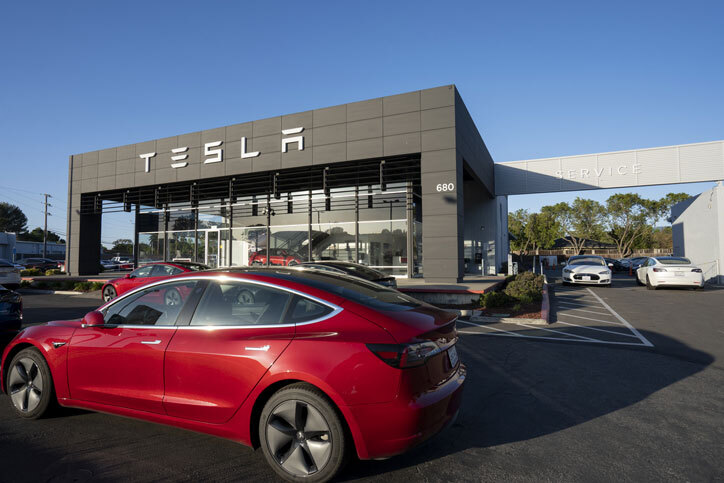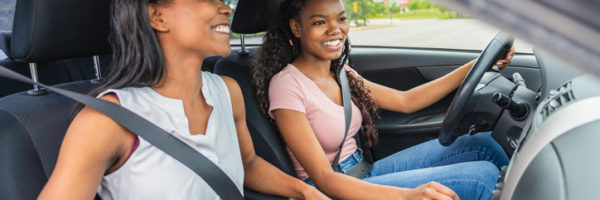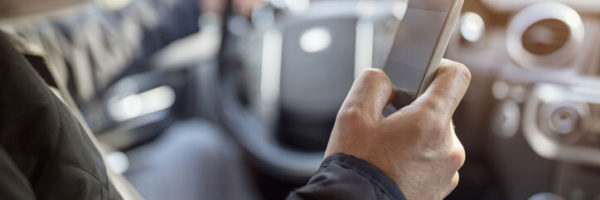
Tesla Wins Bellwether Trial Over Autopilot Car Crash
Tesla recently won what appears to be the first lawsuit related to a traffic crash involving its partially automated driving software. A California state court jury passed the judgment on Friday, April 21.
The electric vehicle manufacturer has been active in rolling out its Autopilot as well as the advanced Full Self-Driving features, which, according to Tesla’s founder and CEO Elon Musk, is crucial to the future of the company. However, these systems have been under regulatory and legal scrutiny since they were first rolled out.
In 2020, Justine Hsu, a resident of Los Angeles, sued the company, alleging that her Tesla Model S crashed into a curb while on Autopilot. According to the lawsuit, the crash resulted in an airbag being deployed “so violently it fractured Plaintiff’s jaw, knocked out teeth, and caused nerve damage to her face.”
Hsu sought over $3 million in damages, alleging that there were defects in the design of the airbag and Autopilot system. Tesla, however, denied liability, saying that the plaintiff used Autopilot on city streets – despite a user manual warning against that.
On Friday, a jury at the Los Angeles Superior Court found no intentional failure by Tesla to disclose facts. Additionally, the jury found that there wasn’t any safety issue with the airbags and therefore awarded zero damages to Hsu. After the verdict, the jurors spoke to a news agency, where they mentioned that Tesla had issued a clear warning that partially automated driving software such as Autopilot wasn’t a self-piloted system and, therefore, the driver was responsible for being distracted while driving. After the verdict, Tesla shares rose by 1.3%, closing at $165.08.
The plaintiff, Hsu, broke down after the verdict went in the automotive company’s favor. Donald Slavik, one of Hsu’s attorneys, expressed his disappointment with the verdict, while Tesla’s attorney Michael Carey did not make any comments.
A professor at Georgetown Law, Ed Walters, remarked that this verdict was a huge win for Tesla. Walters, who teaches a course on autonomous vehicles, also added that “this case should be a wakeup call to Tesla owners: they can’t over-rely on Autopilot, and they really need to be ready to take control and Tesla is not a self-driving system.”
This isn’t the first crash related to Tesla’s driver-assistance systems. The Autopilot feature was first introduced in 2015, and the first fatal accident in the US related to this system was reported the following year. However, as per St. Joseph personal injury lawyers, that did not go to trial.
The Hsu trial, however, took place over three weeks in Los Angeles Superior Court and included testimonies from three Tesla engineers. In addition, the company has a number of upcoming trials related to issues with its semi-automated driving system.
The key question in such trials is who exactly is responsible for a crash when a car is running in driver-assistant mode. Will it be the driver or the machine, or perhaps both? According to Raj Rajkumar, a professor of electrical and computer engineering at Carnegie Mellon University, jury perspectives can differ depending on whether the accident is on a highway and whether any fatalities are involved.
In his words – “While Tesla won this battle, they may end up losing the war”. People may soon realize that despite Musk’s repeated promises, Tesla’s driving system is still far from being fully autonomous. At present, Tesla’s claims about its cars being equipped with self-driving capabilities are being investigated by the U.S. Justice Department. In addition, the National Highway Traffic Safety Administration has also started a probe into the safety of such technologies.


